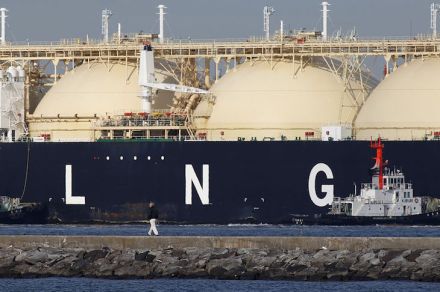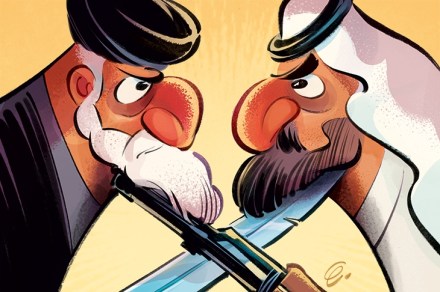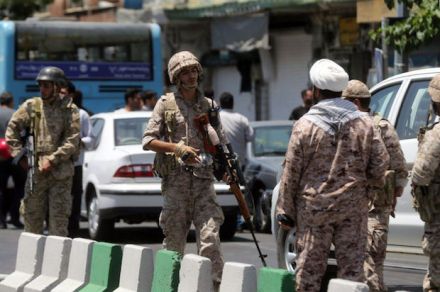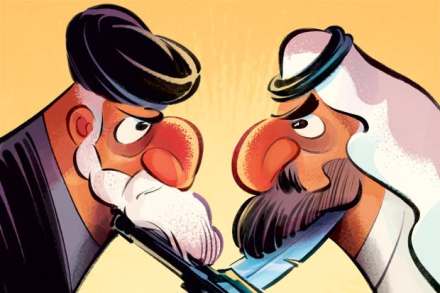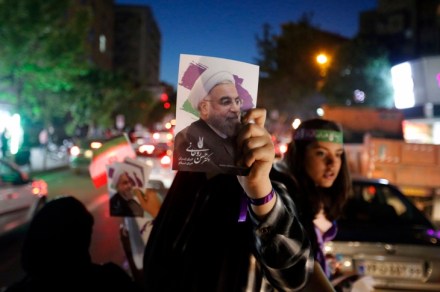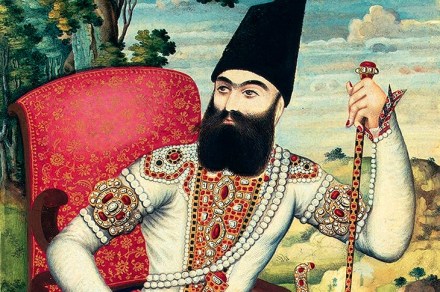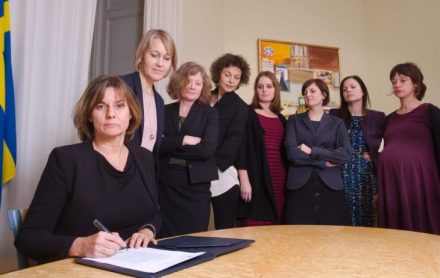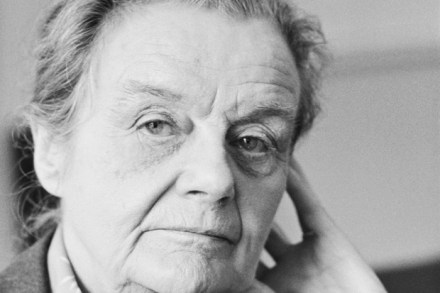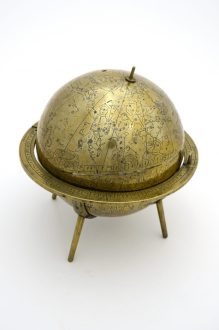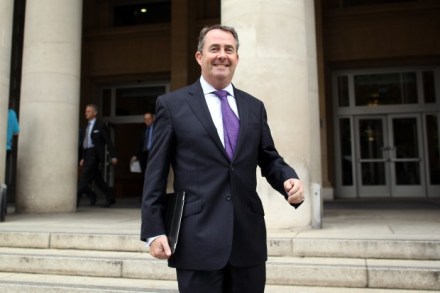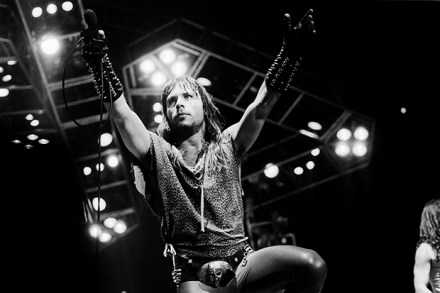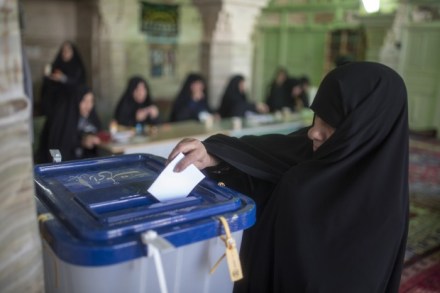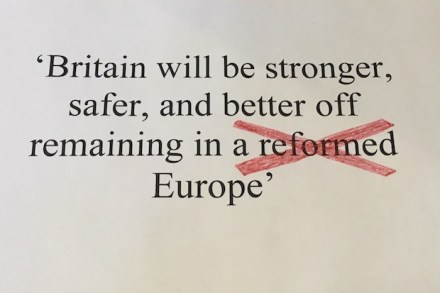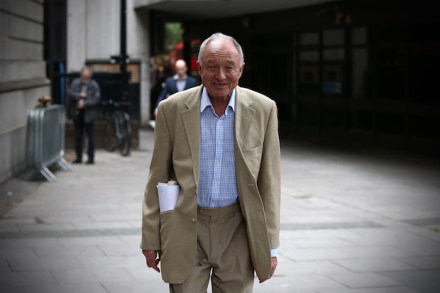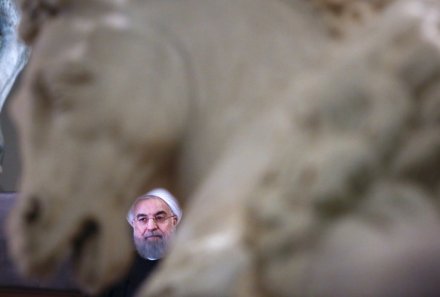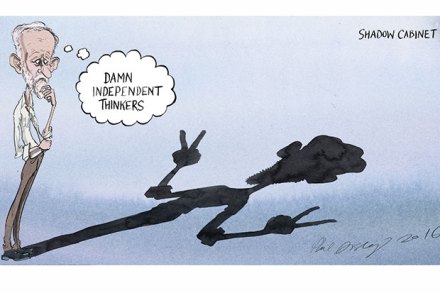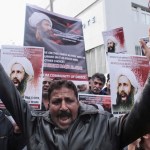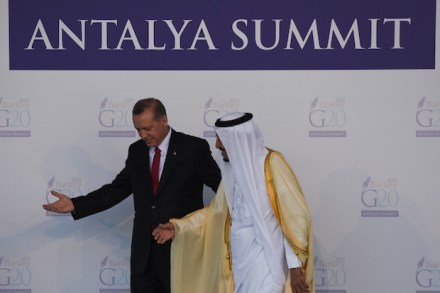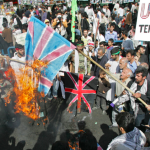High life | 29 June 2017
A major Greek ship owner, whose political knowledge matches his wealth and business acumen, explained to me what the Qatar brouhaha is all about. My friend Peter had the foresight to invest in liquefied natural gas (LNG) carriers, among the most expensive of ships to build but big-time money-makers. Why is it that it takes a major ship owner to tell us what’s really going on? Forget the bull put out by American hacks, whose minds no longer seem to function — at least since Trump’s triumph last November. Here goes: we sat on my terrace in Gstaad under the stars, watched the mountains turn from grey to dark blue,
